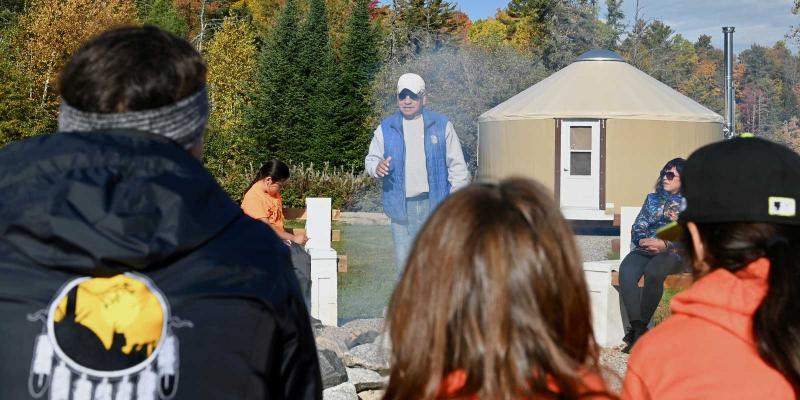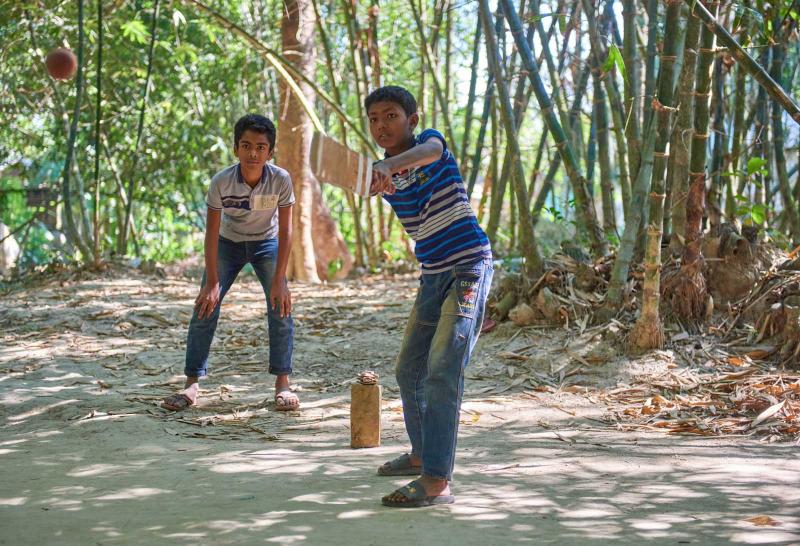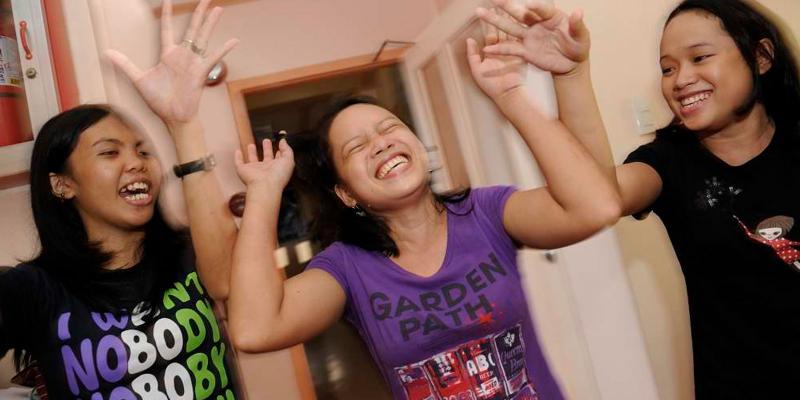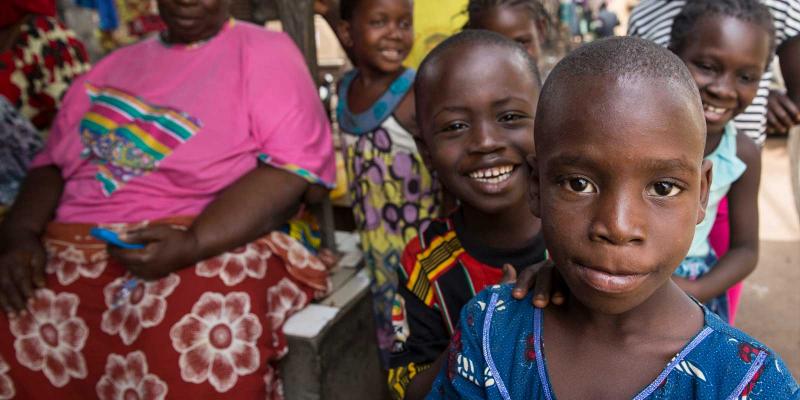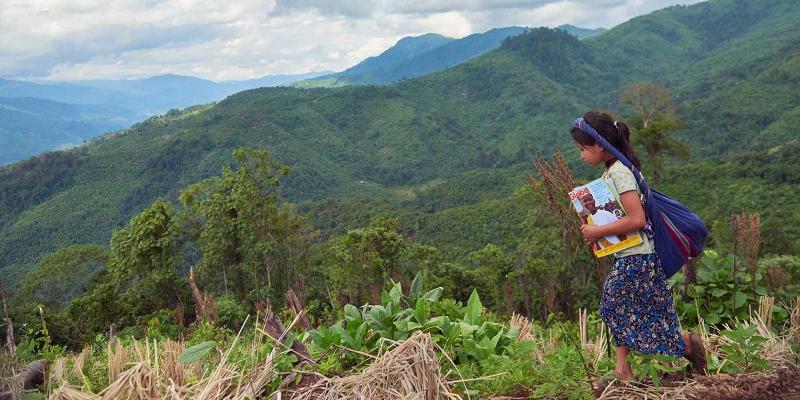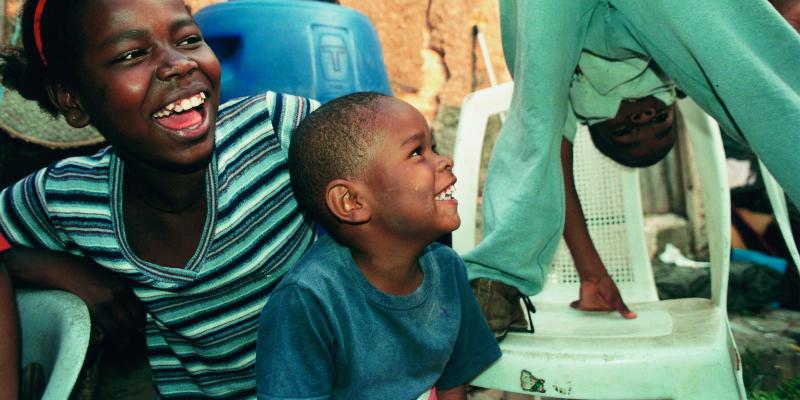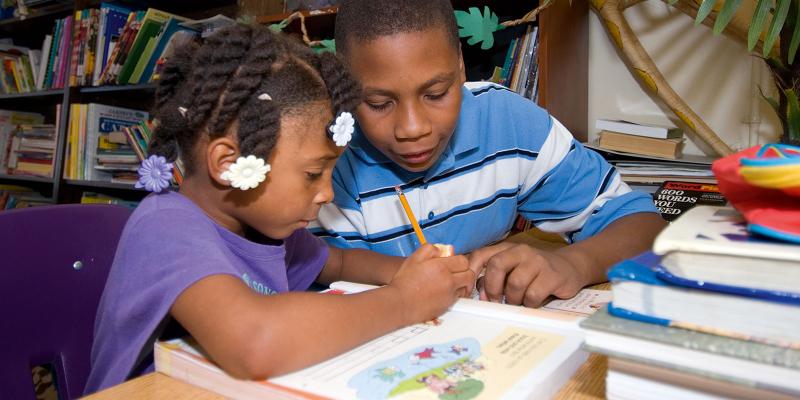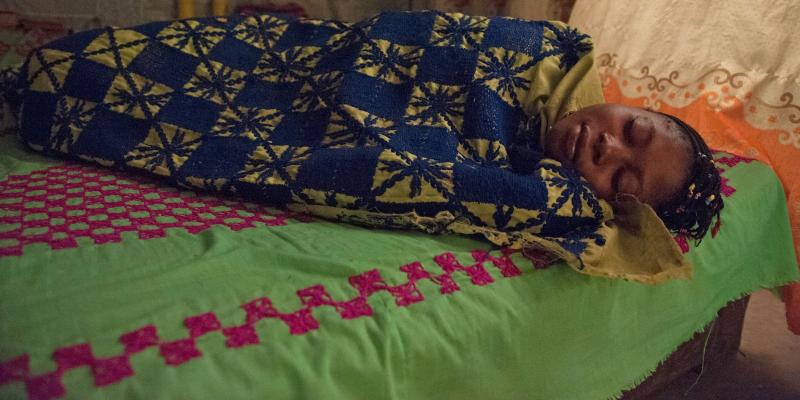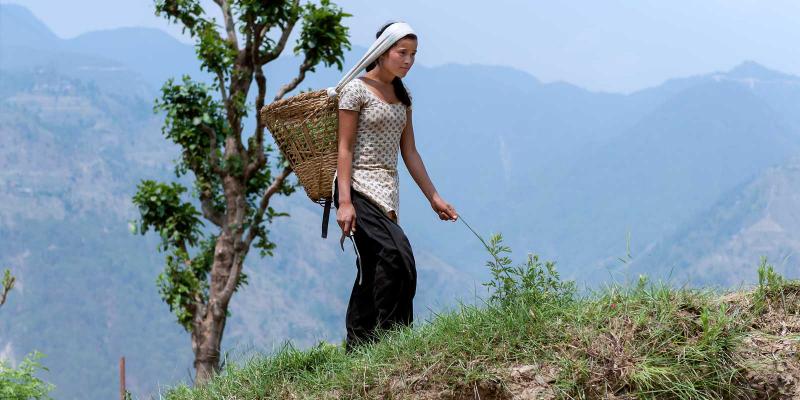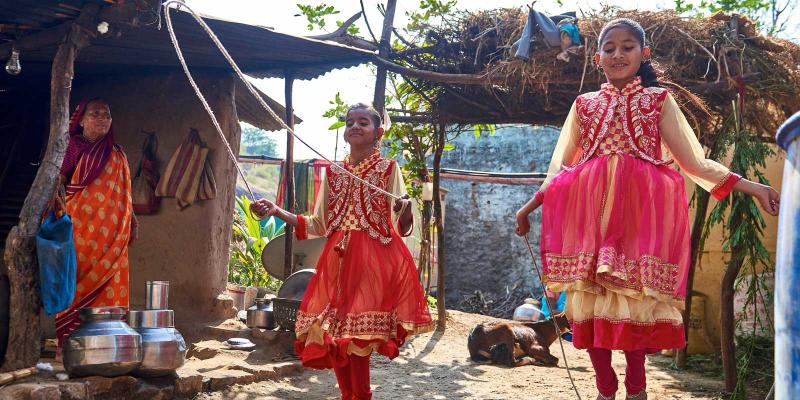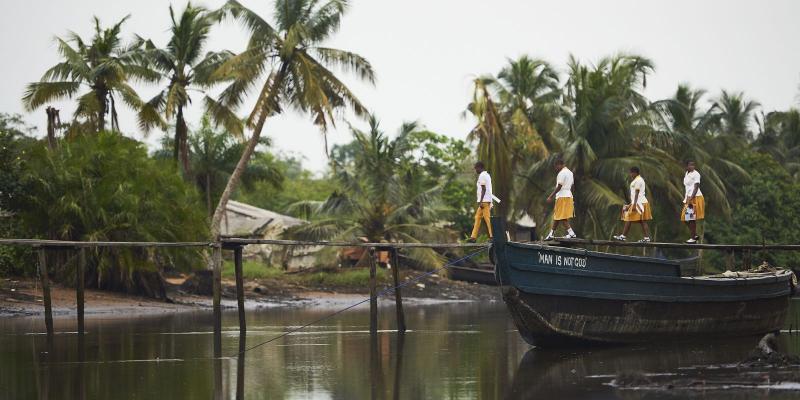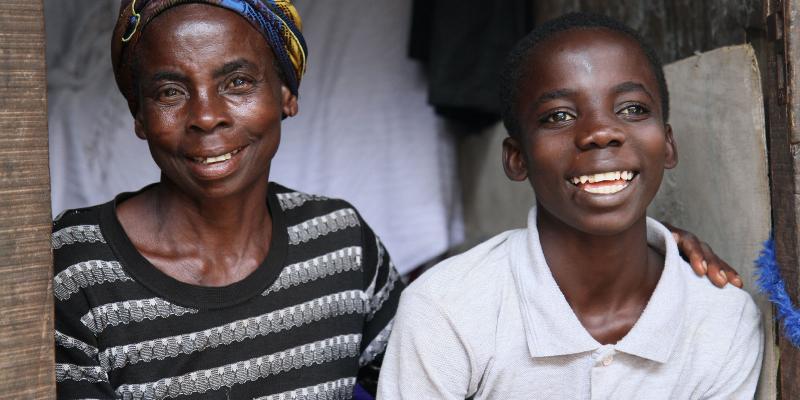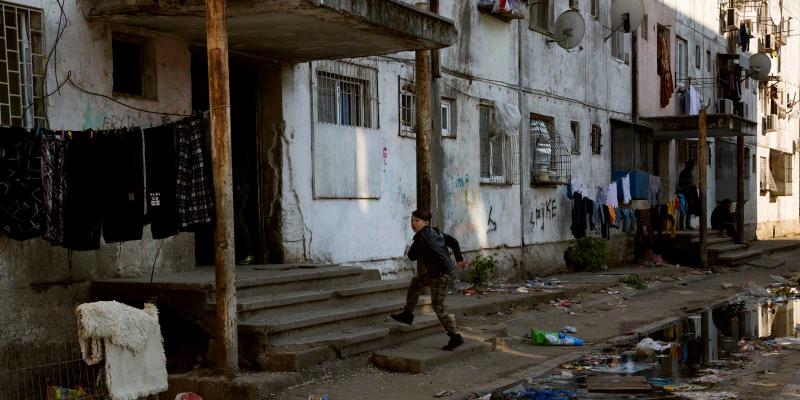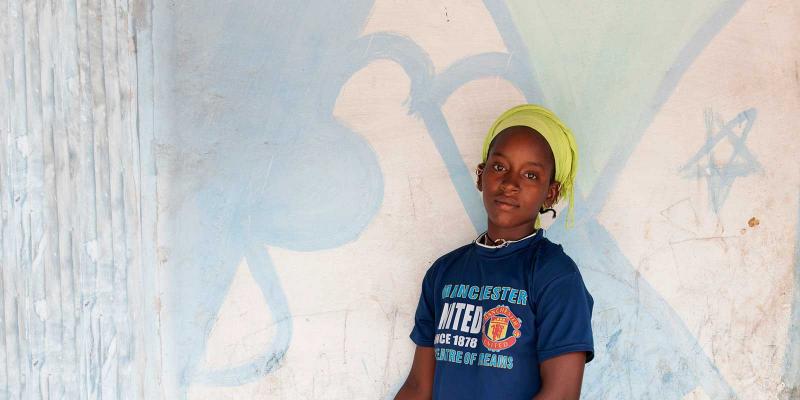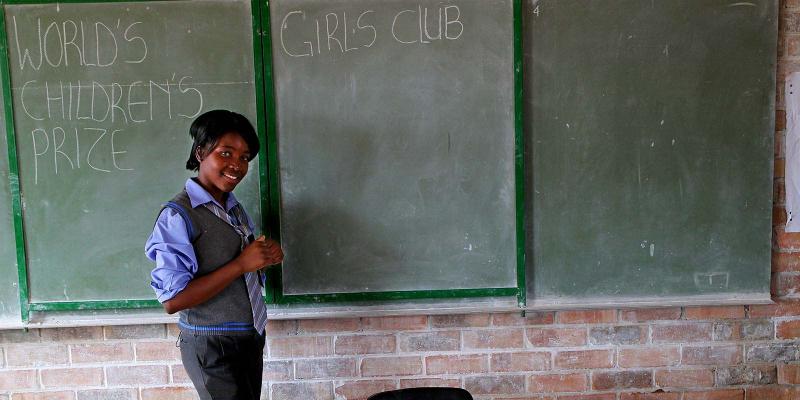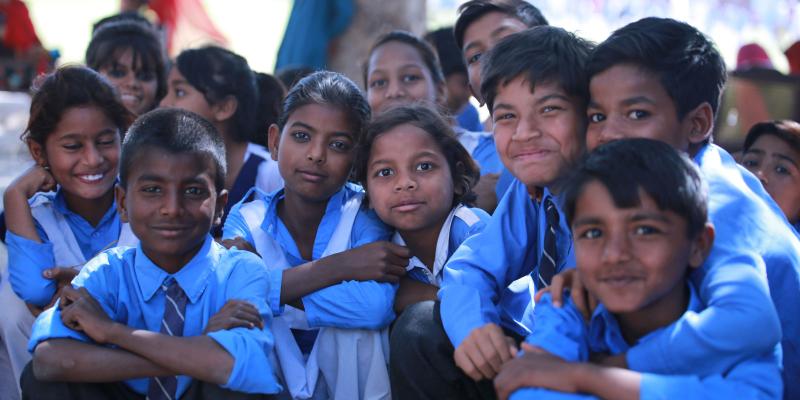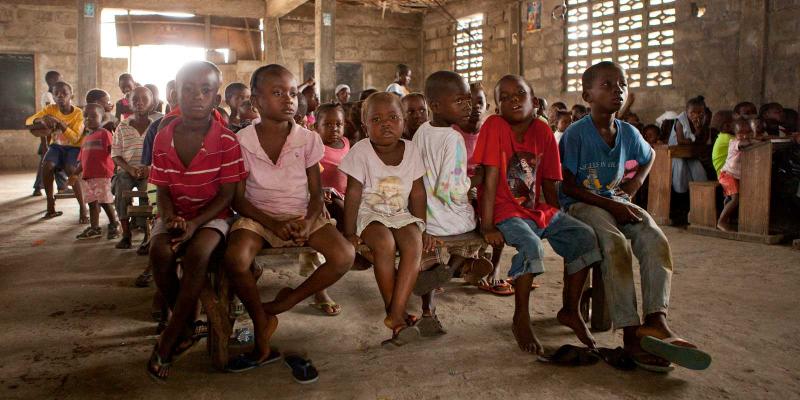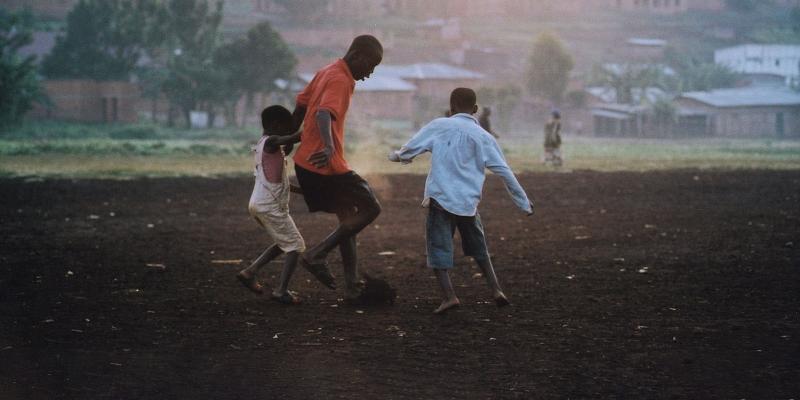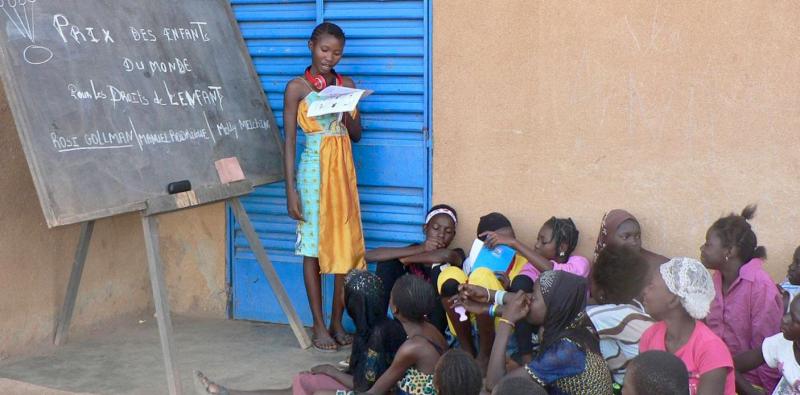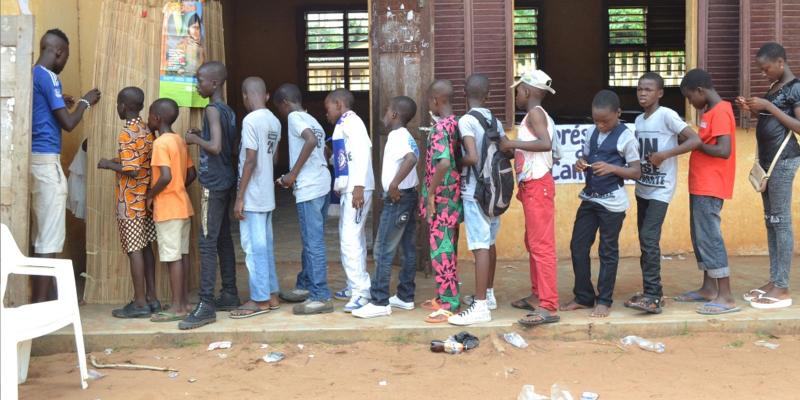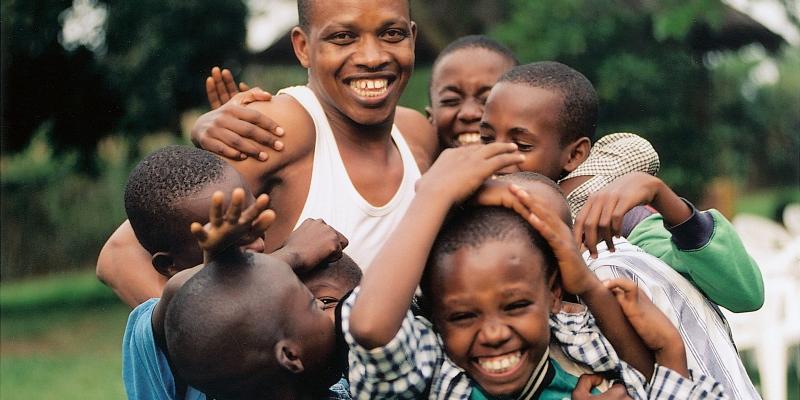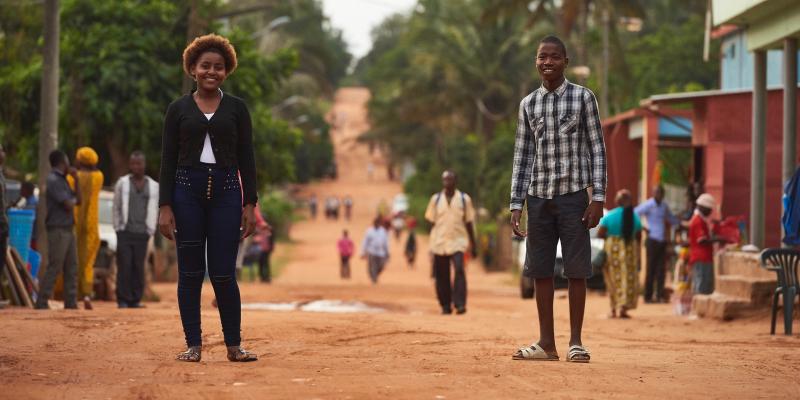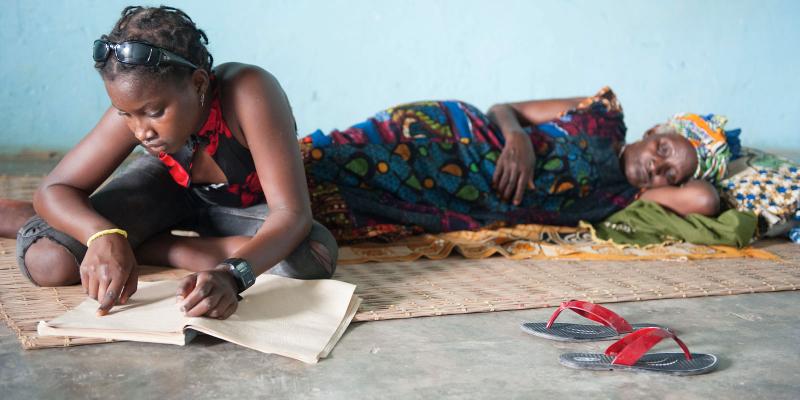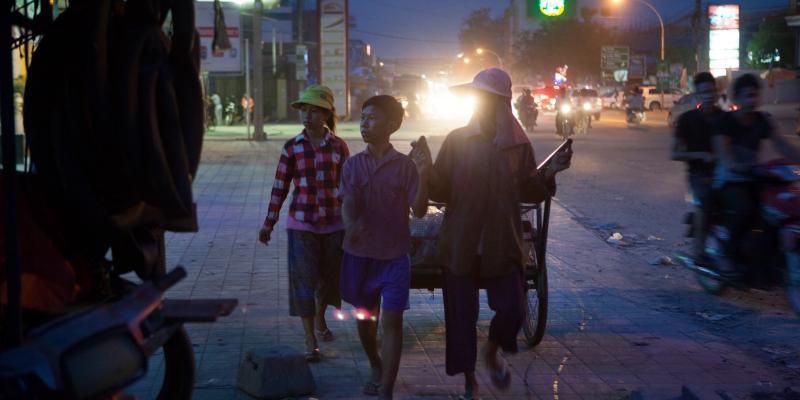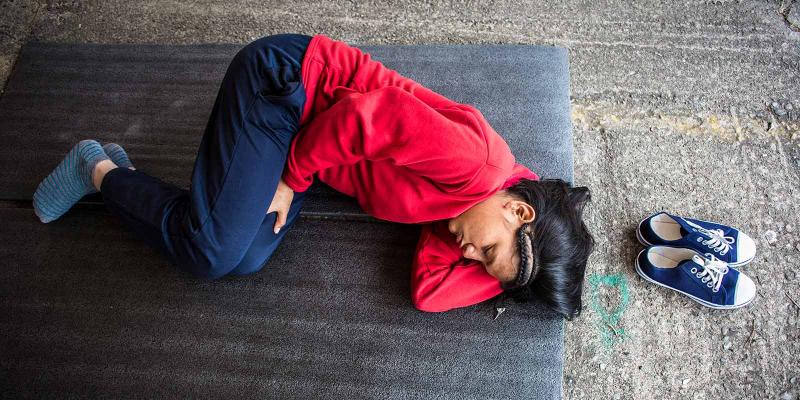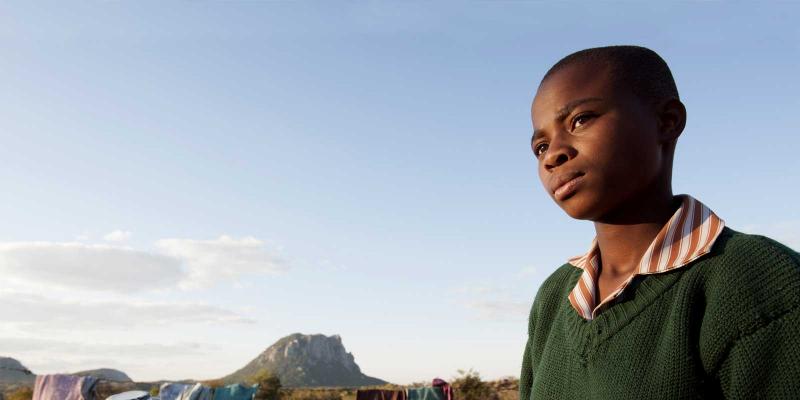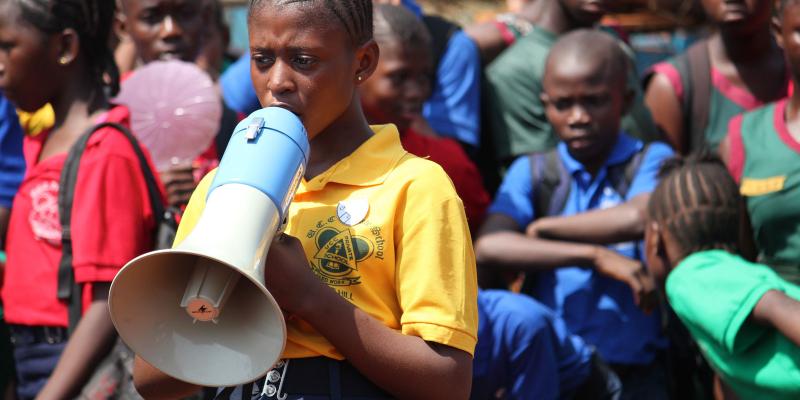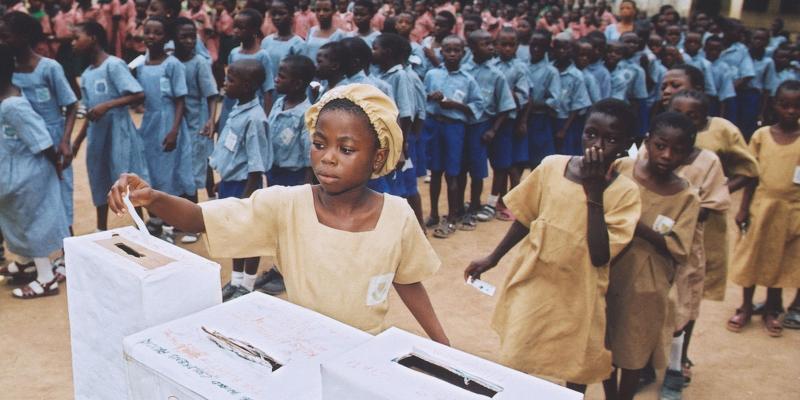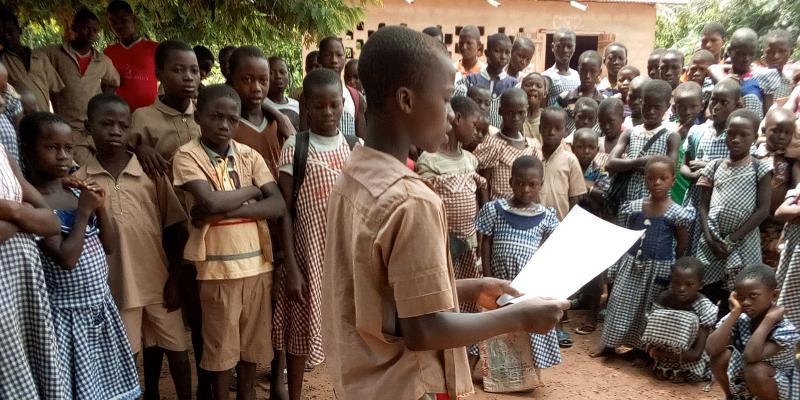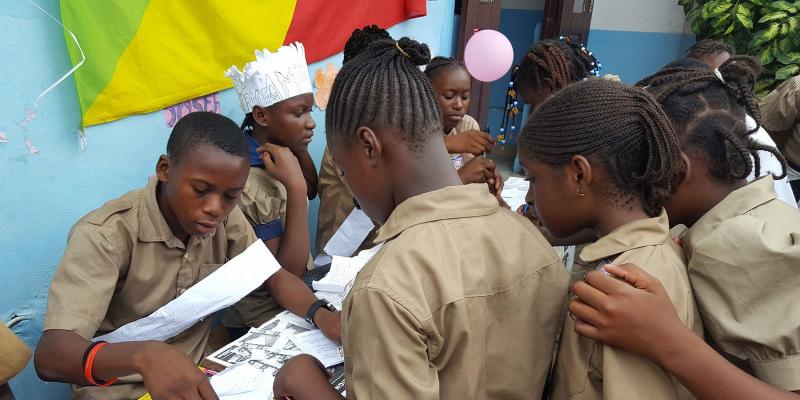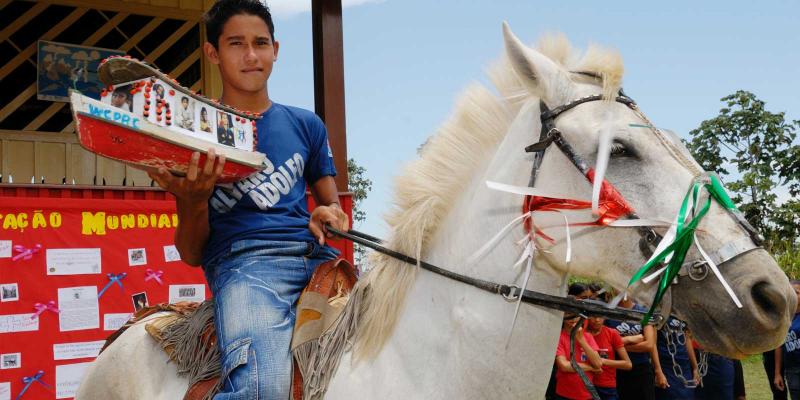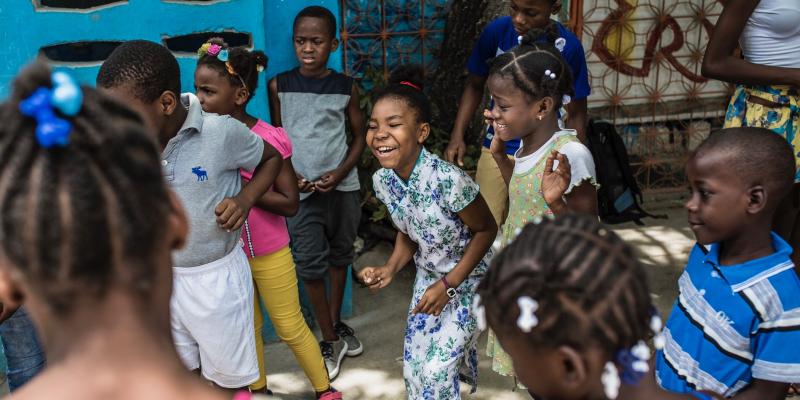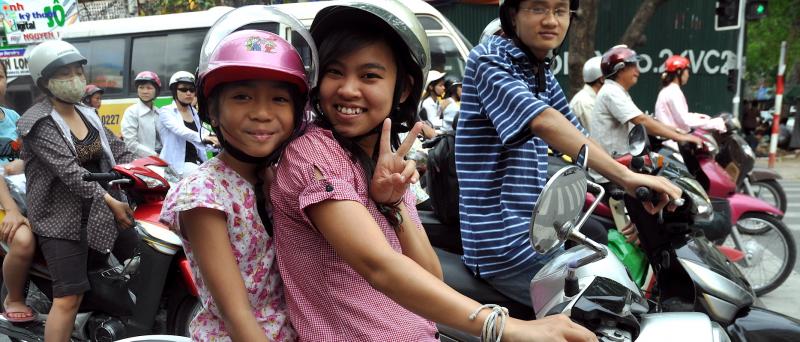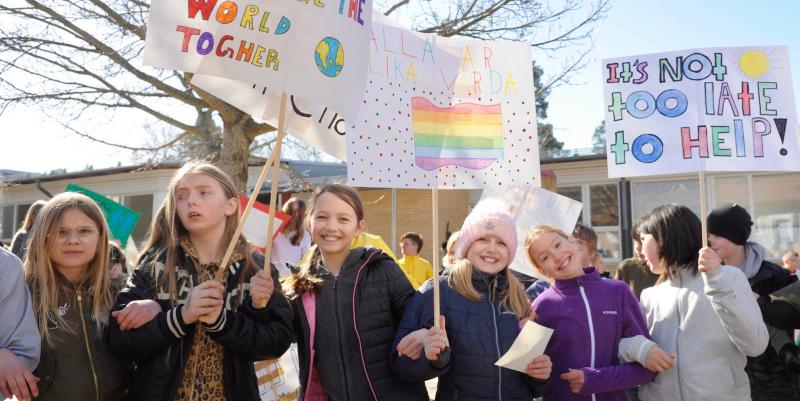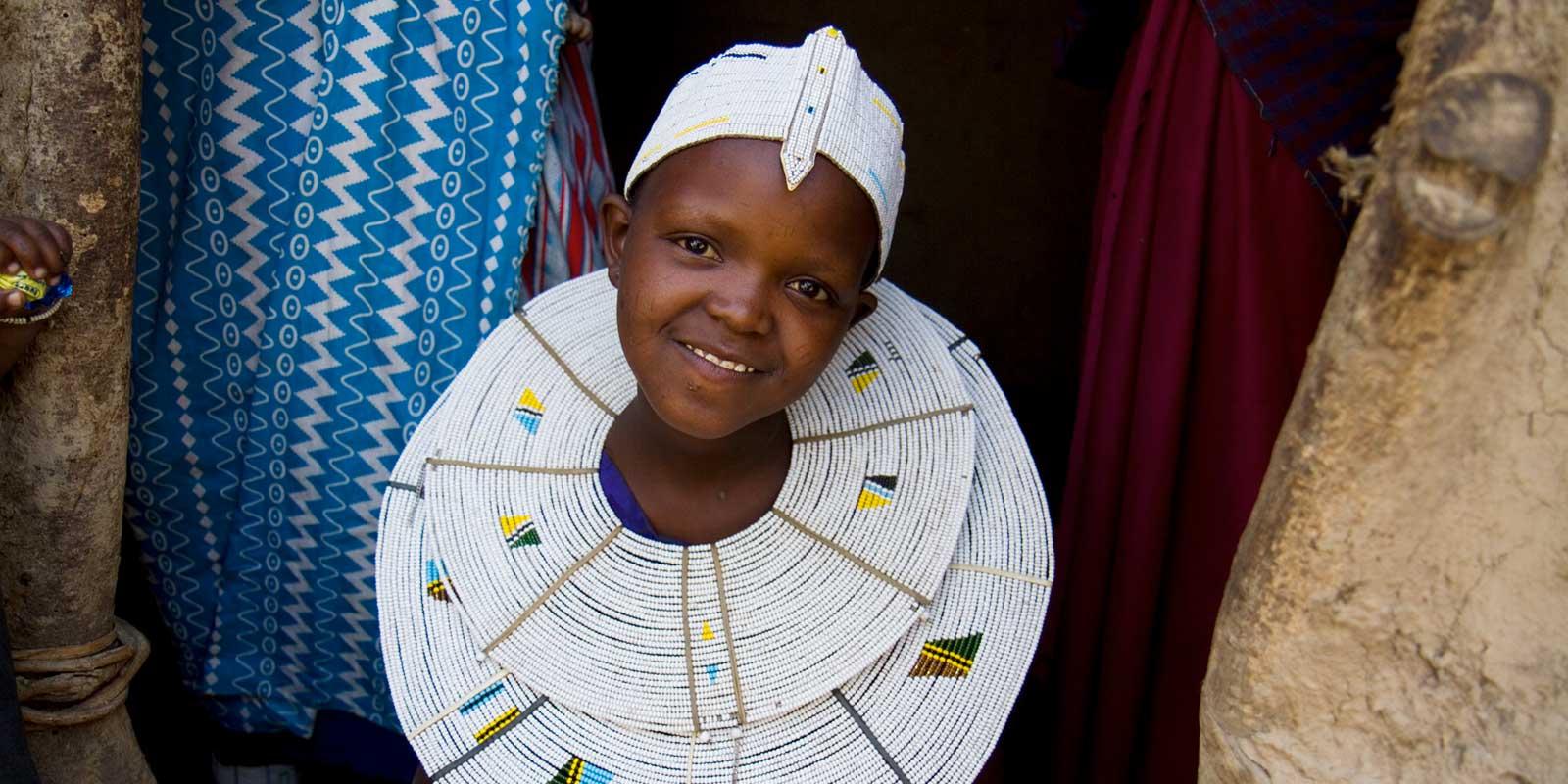
How are Tanzania’s children?
Tanzania has ratified (pledged to follow) the UN Convention on the Rights of the Child. This means that Tanzania must respect the rights of the child and listen to what children have to say. Are the rights of the child respected in Tanzania?
27.6 million children
59.7 million people live in Tanzania. 27.6 million are children, and 9.7 million of the children are under five years old.Name and nationality
From the day you are born you have the right to have a name and to be registered as a citizen in your country. 2.1 million children are born every year in Tanzania. 3 out of 4 are never registered. There is no documented proof that they exist!Survive and grow
You have the right to life. Tanzania must do all it can to allow children to survive and develop. 1 of 17 children in Tanzania (117,000 every year) dies before the age of 5, usually due to causes that could have been prevented. The number of children who die has decreased, but is still high.
WCP Child Rights Hero Anna Mollel fights for the right to health care and a decent life for children with disabilities and poor children in Tanzania. ©Johan Bjerke/WCPF
Health and well-being
You have the right to food, clean water, medical care and the right to privacy when consulting an adult about any health problem. 5 out of 10 children in Tanzania use basic drinking water services. Only 2 out of 10 children use basic sanitation services. 110,000 children (0-14 years) live with HIV/AIDS.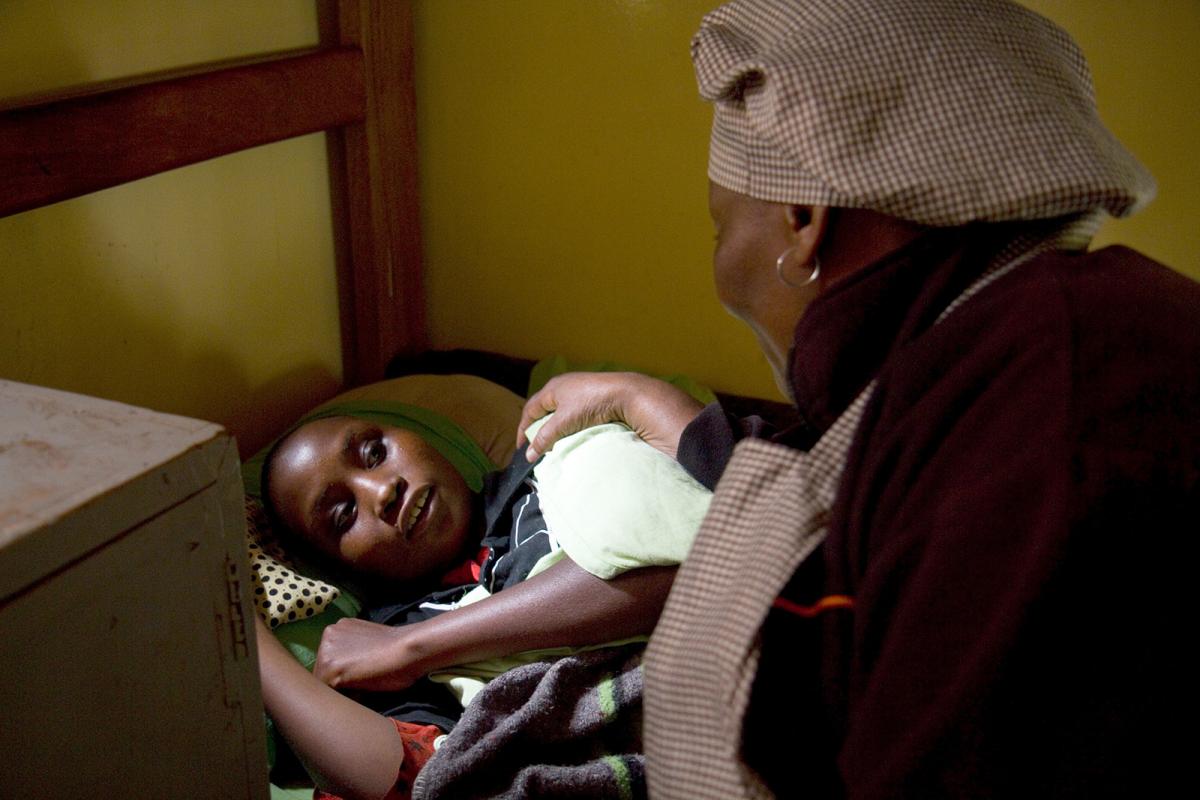
A home, clothing, food and security
You have the right to a home, food, clothing, education, health care and security. Almost 5 out of 10 children in Tanzania live in extreme poverty with less than 1.90 US-dollar (4,365 Tanzanian shilling) a day to live on.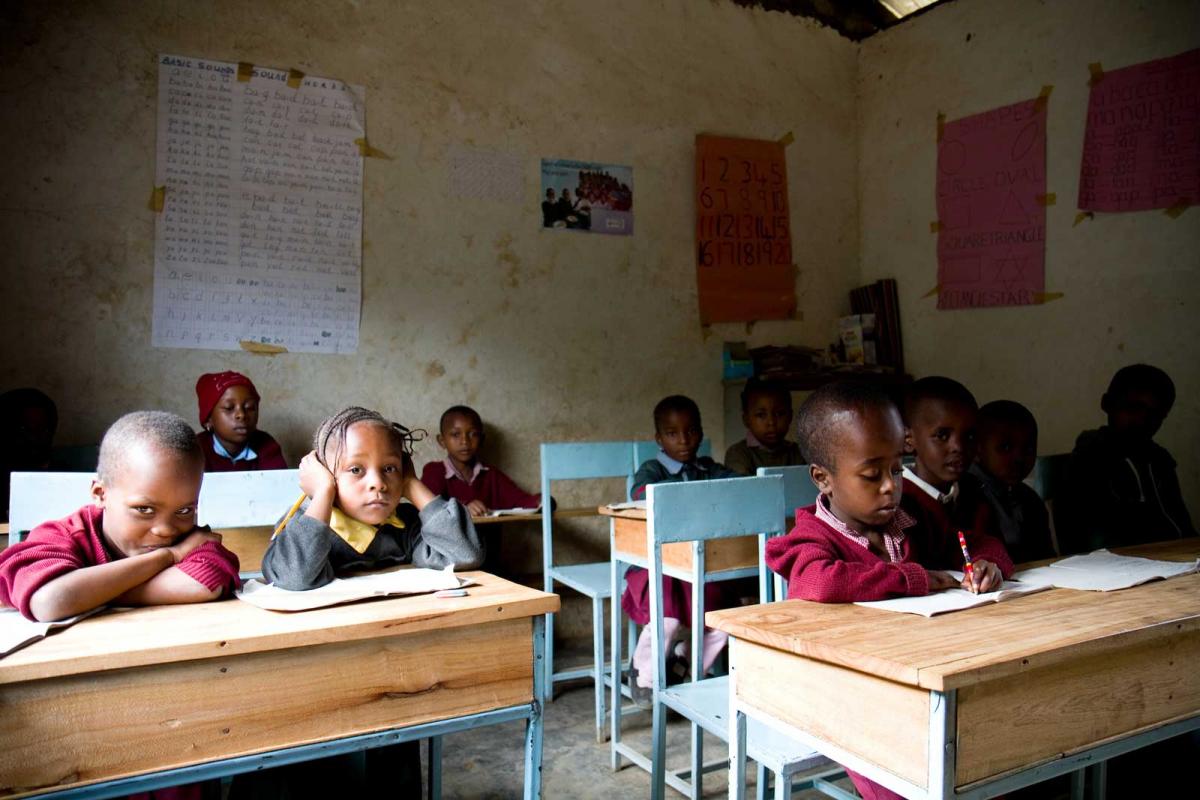
Tanzanian WCP Child Rights Hero Anna Mollel started her own school for vulnerable children who were not getting an education. ©Johan Bjerke/WCPF
Education
You have the right to go to school. Primary and secondary schools should be free for everyone. 8 out of 10 children in Tanzania go to school, but many of them leave school too early.Protection against violence
You have the right to protection against all forms of violence, including neglect, maltreatment, and abuse. Only 60 countries have forbidden all forms of corporal punishment for children. Many still allow caning in schools. Tanzania has not forbidden corporal punishment.Hazardous child labour
You have the right to be protected against both economic exploitation and work that is hazardous to your health or which prevents you from going to school. All work is prohibited for children under 12. Some children are forced into the worst forms of child labour, such as being debt slaves, child soldiers or used for commercial sexual exploitation. An estimated 4.2 million children (3 out of 10 of the children aged 5-14) in Tanzania have to work.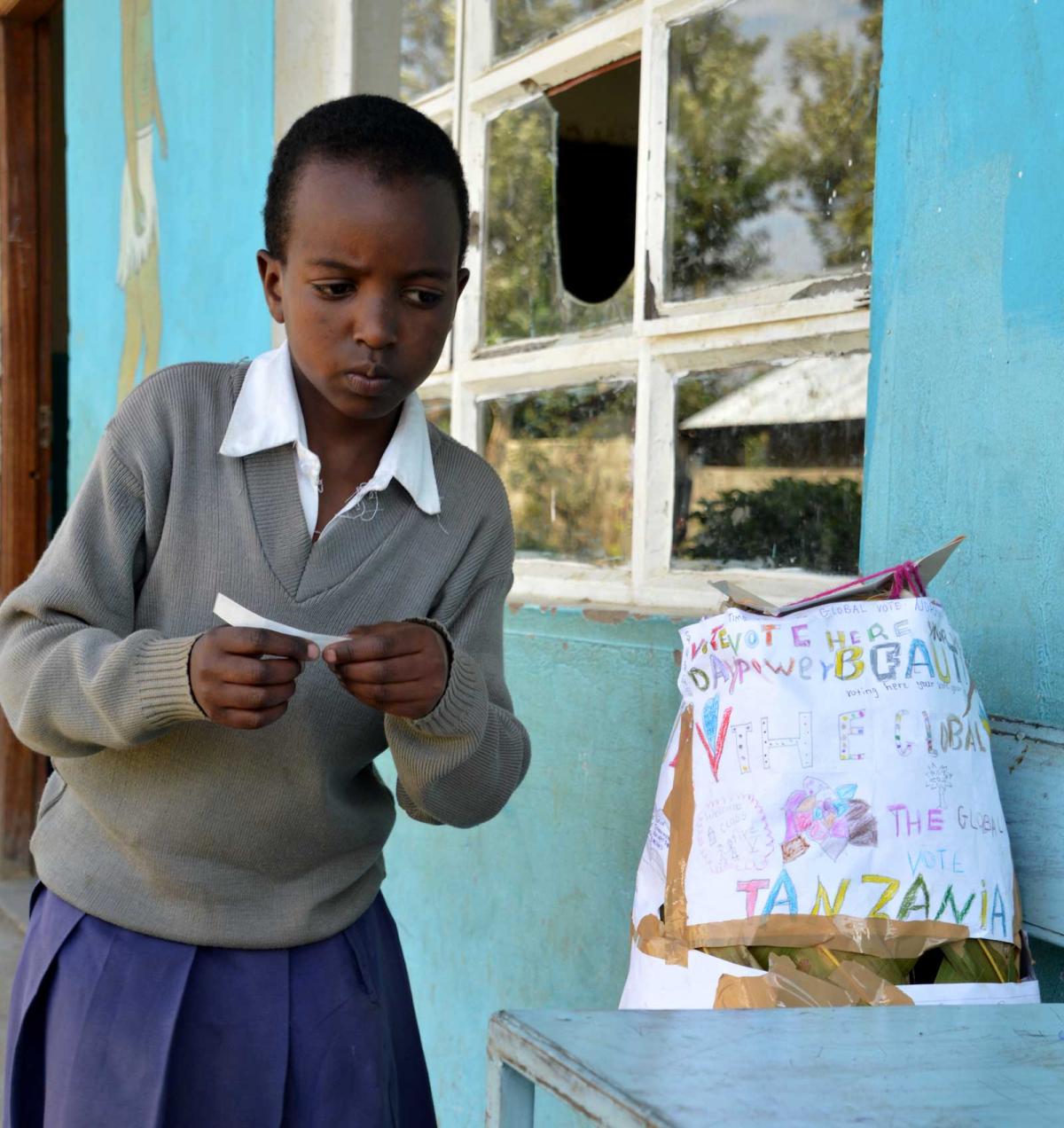
A girl casts her vote in the WCP Global Vote in Tanzania. ©WCPF
Your voice must be heard
You have the right to say what you think about any issue that affects you. The adults should listen to the child’s opinion before they make decisions, which must always be made in the best interest of the child.Related stories
WORLD'S CHILDRENS PRIZE FOUNDATION
Långgatan 13, 647 30, Mariefred, Sweden
Phone: +46-159-129 00 • info@worldschildrensprize.org
© 2020 World’s Children’s Prize Foundation. All rights reserved. WORLD'S CHILDREN'S PRIZE®, the Foundation's logo, WORLD'S CHILDREN'S PRIZE FOR THE RIGHTS OF THE CHILD®, WORLD'S CHILDREN'S PARLIAMENT®, WORLD'S CHILDREN'S OMBUDSMAN®, WORLD'S CHILDREN'S PRESS CONFERENCE® and YOU ME EQUAL RIGHTS are service marks of the Foundation.


x
x
x

